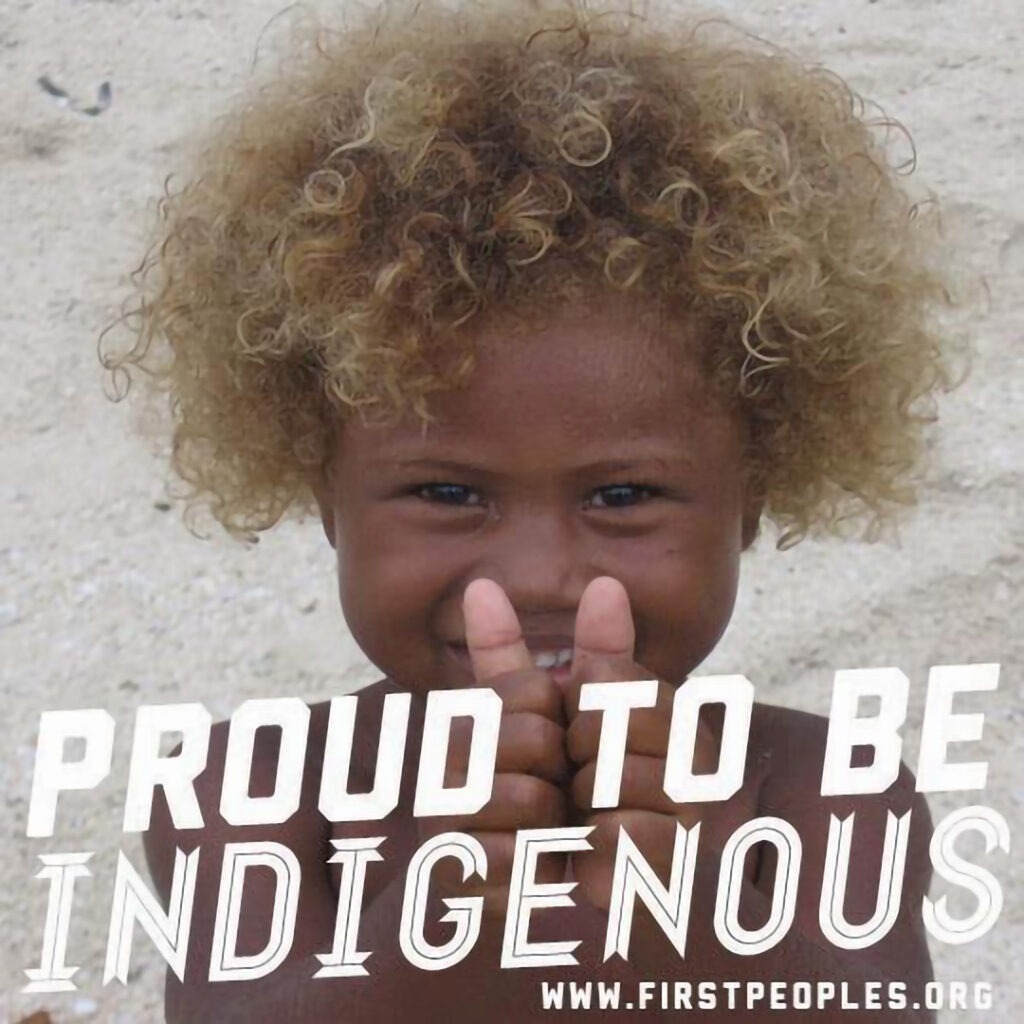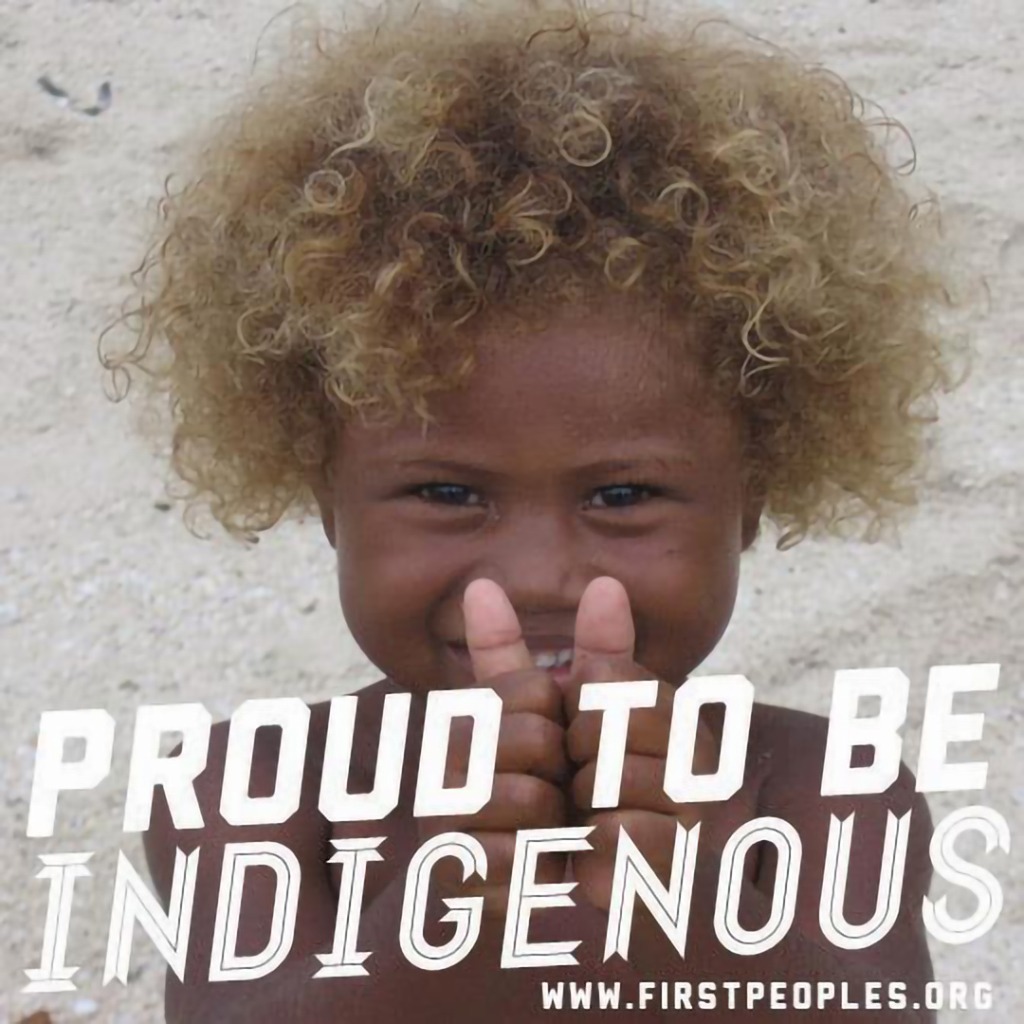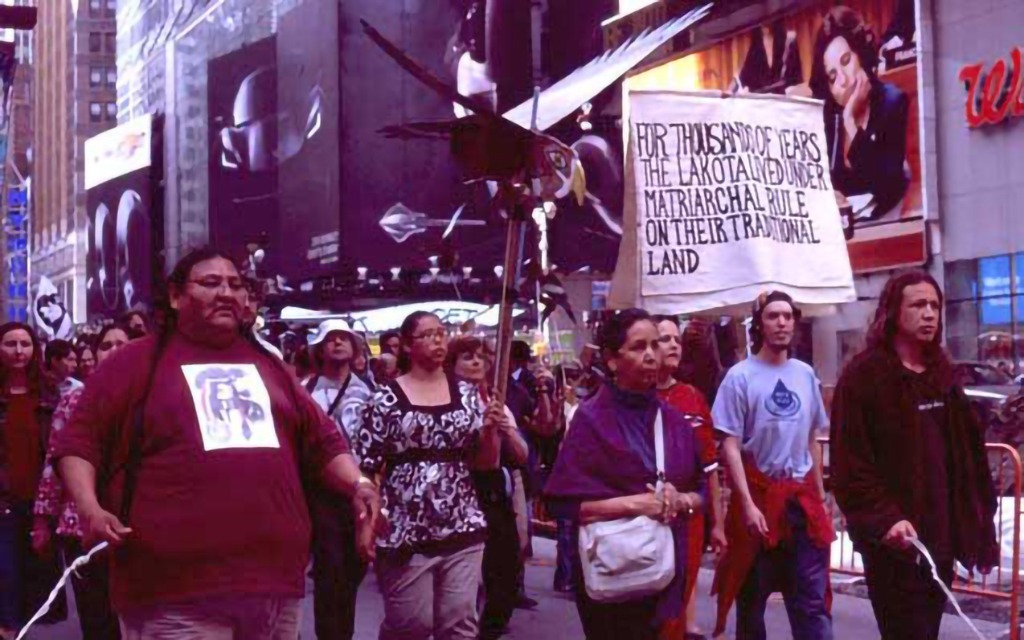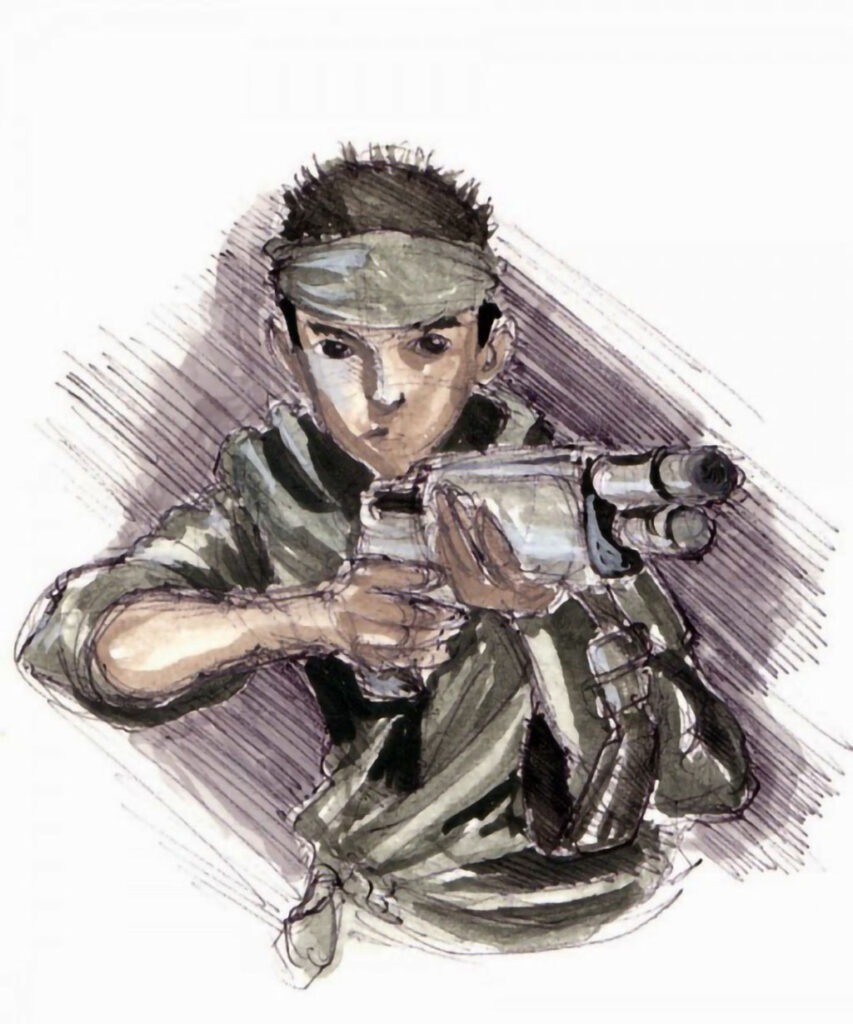
Tribal Peoples, First Peoples, Native Peoples: Indigenous Peoples
Who Are Indigenous People?
Explore the history, culture, and significance of Indigenous Peoples worldwide. Learn about their unique identities, struggles, and contributions to preserving the environment.

Who Are Indigenous People?
Indigenous Peoples, also known as Tribal Peoples, First Peoples, or Native Peoples, represent a significant cultural and ecological force on Earth. Despite constituting about 5% of the world’s population, they account for 15% of the world’s poorest. With approximately 370 million Indigenous individuals spread across 5,000 groups in 90 countries, they remain a diverse yet unified presence in our global story.
Defining Characteristics:
While there’s no universal definition, Indigenous Peoples typically share these traits:
- Smaller populations compared to the dominant culture in their region.
- A distinct cultural identity often expressed through language, traditions, and connection to ancestral lands.
- An enduring tie to specific territories and natural resources.
For instance, the Inuit of the Arctic, Native Americans, and the Maasai of East Africa showcase these unique aspects.
Guardians of the Environment:
Indigenous communities are key stewards of Earth’s biodiversity. An astounding 95% of the World Wildlife Fund’s top biodiversity hotspots overlap with Indigenous territories. This connection is not coincidental; Indigenous ways of life inherently sustain and protect nature. However, their lands are under increasing threat from industrial activities like mining, deforestation, and agriculture.
Challenges and Resistance:
Despite their critical role in environmental preservation, Indigenous communities face displacement and exploitation. Governments and corporations often ignore their protests, leaving them to fight for their rights and survival with courage and determination.
A Global Cultural Tapestry:
Indigenous cultures span continents, from the Americas to Asia, Oceania, and beyond. These communities keep traditions alive, share their histories, and enrich the global cultural landscape. Platforms like Indigenous Worldwide celebrate this diversity, providing a space for shared stories, myths, and humor.
Conclusion:
Indigenous Peoples embody resilience, cultural heritage, and environmental stewardship. Their voices and traditions are essential for a sustainable and inclusive future.
Stay connected to Indigenous cultures worldwide — embrace peace, love, and respect. 🌏
References and Further Reading
- Who Are Indigenous People? | March 22, 2013 at 8:39pm | Www.Facebook.Com





Responses